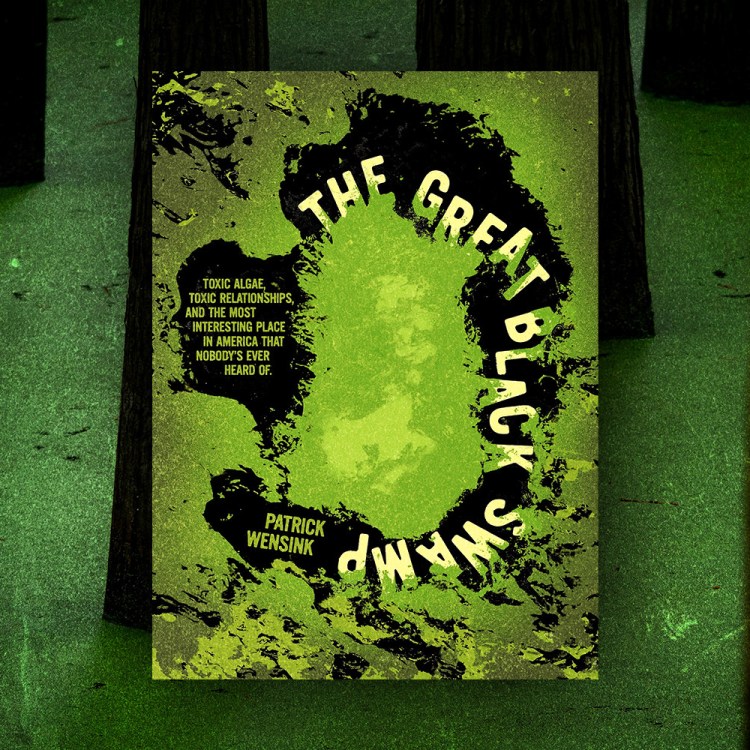With the union of King Manuel I and Isabel of Spain in 1496 came the expulsion of Jews from Portugal, their resettlement in England and the birth of a culinary tradition.
After the Jewish populations of both Portugal and Spain fled religious persecution, they settled in neighboring England and brought with them a dedicated pescatarian diet — including a recipe prepared “in the Jewish manner,” according to Atlas Obscura.
The dish was comprised of a white fish like cod fried in a coating of flour now known widely as “fish and chips.” It became wildly popular and was served everywhere from Jewish, Christian and Catholic homes. The dish became a regular offering from street vendors — who are credited with the creation of the “chip” as we know it today and its pairing with the fish.
The tradition survived the test of time and was so beloved that Winston Churchill exempted it from rationing during World War II. Today, fish and chips is the dish chosen by Brits across the country as a way of welcoming the weekend and celebrating an end to the work work each Friday.
Thanks for reading InsideHook. Sign up for our daily newsletter and be in the know.


















